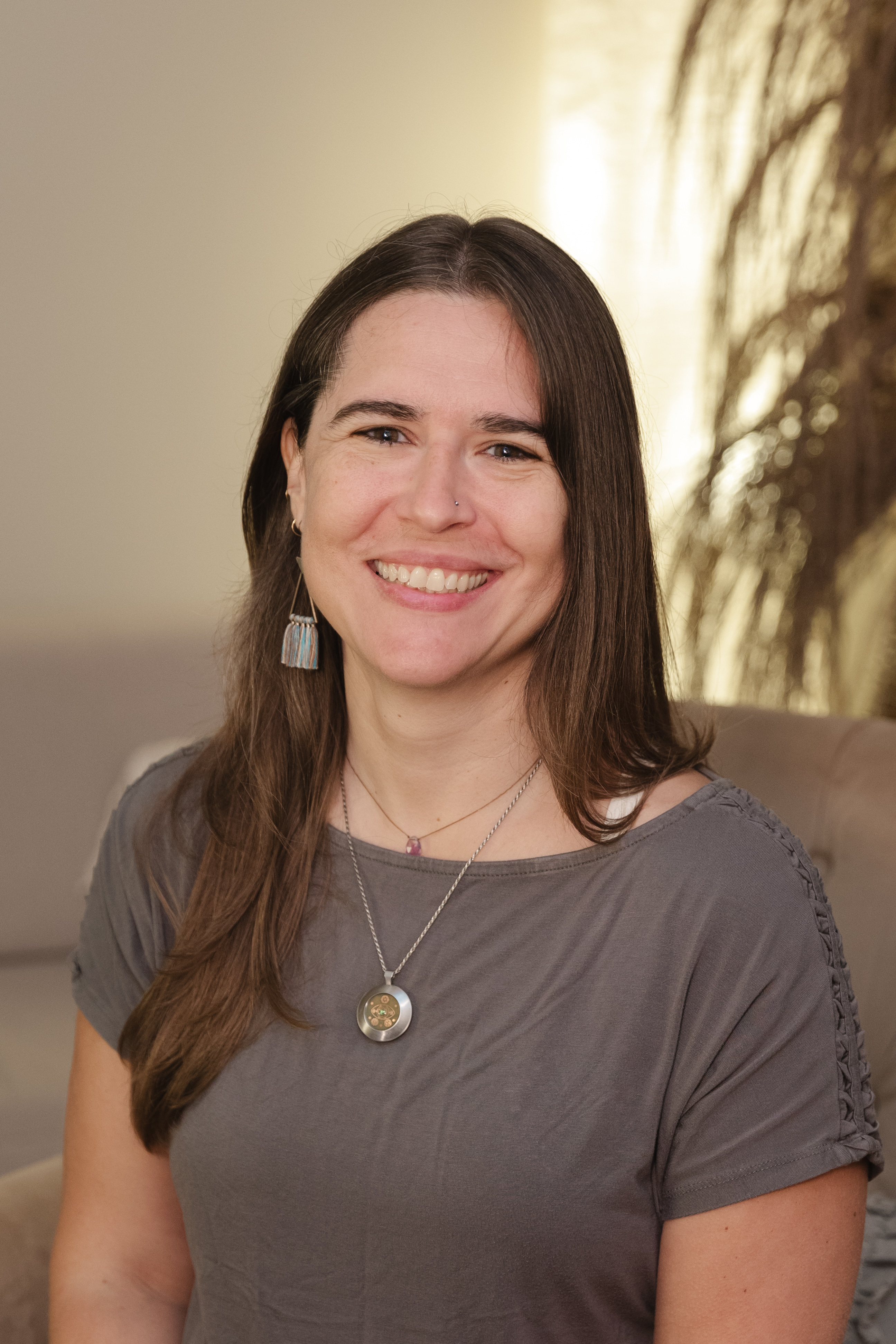What If Your Eating Disorder Was Not Your Enemy?
- Christine Krumsee, LPC, ATR-P

- Oct 26, 2025
- 3 min read
Updated: Nov 15, 2025

Eating disorders often arise from a need to take care of oneself, to self-soothe, or to find a sense of control when the outer world feels unmanageable. What if your eating disorder wasn’t an enemy to fight, but a messenger to understand? When you learn to befriend your eating disorder and recognize its underlying wisdom, your relationship with yourself—and the world—begins to change.
Instead of feeling shame, consider viewing the eating disorder as a former protector, a part of you that once served a purpose and indicated that something was off. Your eating disorder may have even helped you survive by protecting you from an unsafe environment or deeper pain. At the same time, acknowledge that while it once served you, it no longer helps you “live your life” (Damon and Johnson, 2025). More life-affirming and sustainable coping strategies can be found.
Tips for Working With Your Eating Disorder
Recognize That All Parts of You Have Positive Intent It’s easy to label your eating disorder as “bad” or purely destructive. But what if it emerged from a place of positive intent? As mentioned above, eating disorders often develop as attempts to self-soothe or regain control when life feels overwhelming. By honoring that this maladaptive coping strategy once had a purpose, you can shift your relationship with it—making change feel more compassionate and attainable.
Practice Validation Instead of reacting with shame or frustration, honor why the eating disorder developed in the first place. Validate its purpose and its role in your life so far. From this foundation of understanding, you can begin to shift toward healthier, more effective coping strategies.
Connect to Your Values Why do you want to change your behavior? What truly matters to you? Clarifying your deeper purpose can make it easier to push through daily challenges. When we stay connected to our core values, we strengthen our motivation for recovery and resilience during difficult moments.
Increase Self-Compassion Many people struggling with eating disorders have a harsh inner critic that constantly points out perceived flaws or failures. What if you chose compassion instead? When you recognize that your eating disorder once served a purpose, it becomes easier to extend kindness to yourself. Through self-compassion, you can replace judgment with care and begin to engage in behaviors that nurture rather than harm.
Reframe Perfectionism as Commitment to Values—with Flexibility As the saying goes, perfectionism is the enemy of progress. Often, when recovery doesn’t go perfectly, people feel like they’ve failed and spiral back into old patterns. Try reframing recovery as a flexible commitment to your values rather than a demand for perfection. Remember: “Don’t let a relapse go unlearned from” (Damon and Johnson, 2025). Every setback carries a lesson. As long as you keep learning and growing, recovery remains possible.
Reframe Behavior as a “Desire for Regulation and Well-Being” (Damon and Johnson, 2025) Your eating disorder isn’t “bad.” It’s an expression of a part of you seeking comfort and emotional regulation. When you can see the behavior as a signal for self-soothing, you can begin to meet that need through healthier and more supportive actions.
Practice Dialectical Thinking – Two Things Can Be True Two things can be true at the same time: your eating disorder may have once helped you cope, and it may now be keeping you from living fully. Recognizing both allows you to honor your past while still moving forward toward change.
Find Safety in Others Healing happens in safe, supportive environments where you can feel seen and understood. Working with a therapist or support group can help you build that safety as you begin to explore and heal the core issues underlying your eating disorder. Over time, as you experience safety with others, you can begin to internalize that sense of safety within yourself.
Bibliography
Damon, MA, LPC, R-DMT, Elizabeth, and Emmy Johnson, MSW, LCSW. Eating Disorders Save Lives. Center for Discovery: Eating Disorder Treatment, Eating Disorders Save Lives. Webinar.




Comments